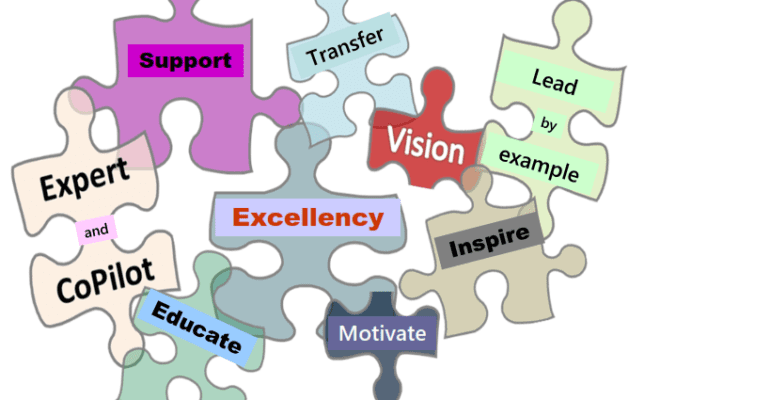SI UN Representative in Paris, Evelyne Para, blogs about the new “Skills Academy” created by partners to the United Nations Educational, Scientific and Cultural Organization (UNESCO).
“The objective of the skills academy is to boost the employability of young people threatened by the economic crisis that’s forecast to follow COVID-19. The impact of the pandemic on both education and employment is dramatic. Students enrolled in training institutions and apprentices are particularly affected by closures as they are more dependent on practical training and hardware that is only available in training centres and workplaces.
According to the recent UN Secretary General’s Policy Brief on The World of Work and COVID-19, the young account for more than 40% of people employed in hard-hit sectors worldwide. Even before the crisis hit, 267 million young people were not in employment, education, or training. Skills in such fields as data analytics, computing, artificial intelligence, and many other areas, are in demand in labour markets around the world, yet many education and training systems lack the capacity needed to prepare young people for employment in these fields. The COVID-19 crisis has highlighted the urgency of equipping youth with the right skills to accelerate the transition to more inclusive, sustainable and resilient economies.
This is the reason why members of the UNESCO Global Education Coalition (launched in March 2020 to support countries in developing inclusive learning solutions) are teaming up to provide youth with easy access to training opportunities within a “Global Skills Academy”. Through the exchange of knowledge, this initiative will enable young people threatened by the economic crisis to build a better future by developing their autonomy.
With UNESCO, the International Labour Organization (ILO), the Organization for Economic Cooperation and Development (OECD), several founding partners contribute towards this Academy:
- Coursera: online training and upgrading to allow unemployed workers to re-enter the labor market;
- Dior: educational leadership program around four fundamental values of autonomy, inclusion, creativity and sustainable development;
- Huawei: digital skills training covering areas such as artificial intelligence, big data, and the internet;
- Festo: e-learning modules in water technology and wastewater management;
- IBM: free access to platforms providing training on emerging technologies and upskilling for youth and adults;
- Microsoft: free online courses and real-world tools to develop skills in technologies that help students and jobseekers succeed in a post-COVID world;
- Orange: develop digital skills and facilitate access to free online courses in Africa and the Middle East;
- PIX: platform to evaluate, develop and certify digital skills.

Still image taken from the Women@DIOR promotional video.
Dior is one of the founding partners of this “Global Skills Academy“. The Women@Dior global mentoring program initiative, supported by a fashion house for the first time, offers to the most disadvantaged female students the opportunity to receive an education focused on inclusion. A concrete commitment, in view of the societal stakes, and in the context of a global health crisis, and a worldwide mentoring program to support young women to become tomorrow’s leaders. The program is a unique opportunity to learn what is not taught in many schools: self-confidence and a solidarity network. It is built around four fundamental values:
>>> Autonomy, a necessary value to reach one’s full potential, essential in thinking, creating and affirming yourself to succeed by being the owner of your career destiny.
>>> Inclusion, a fundamental value thriving on the diversity of the world and its talents, both humanly and culturally, making sure everyone feels safe and enabled to perform at their best.
>>> Creativity, essential to consider different, innovative and stimulating solutions.
>>> Sustainability, preserving the diversity and beauty of our planet and the people that inhabit it, regardless of one’s origins or social background.
Following theoretical coursework, participants will be invited to put what they learned into practice by creating a project that supports the empowerment of young girls: the “Dream for Change” project. The most impactful projects will be eligible to receive support from the House of Dior and the LVMH group.
In conclusion, these are certainly interesting ideas and valuable contacts for our Soroptimist International Movement to develop “Female Leadership“, particularly as we endeavor to support women to better understand strategies of power and influence, and to build our professional networks.”

